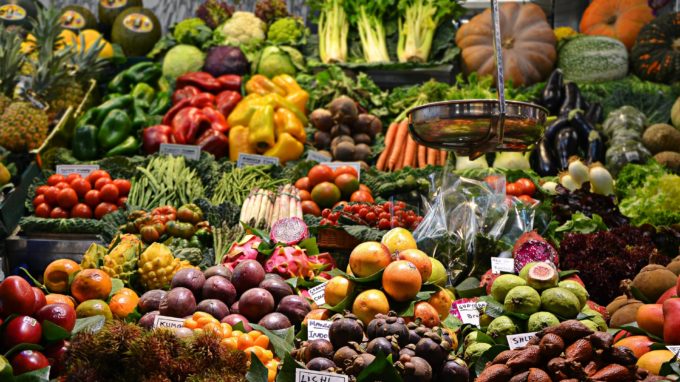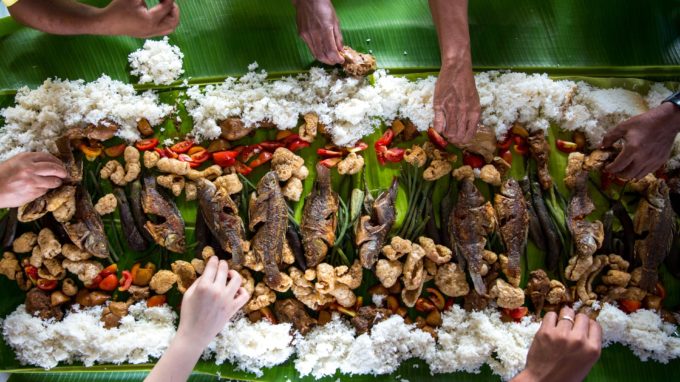The MRC Epidemiology Unit is leading one of four multi-million pound interdisciplinary research programmes awarded funding to support the transformation of the UK food system.
The research is being funded through the UK Research and Innovation (UKRI) Strategic Priorities Fund (SPF). Each of the five-year programmes will address issues such as obesity, sustainable agriculture and global warming, placing healthy people and a healthy natural environment at their centre
The Mandala Consortium
The Mandala Consortium, led by Professor Martin White, Professor of Population Health Research in the MRC Epidemiology Unit, University of Cambridge will focus on transforming urban food systems for planetary and population health. Centred on the city of Birmingham, this consortium brings together internationally renowned teams from the Universities of Cambridge, Birmingham, Warwick, Exeter, and the London School of Hygiene and Tropical Medicine.
The Consortium aims to transform the urban food system and its relationship with its regional economy in the West Midlands. Mapping of the local food system will determine the most powerful levers for system change. These are likely to include new ways of procuring healthier and more sustainable foods in the public sector, and developing online systems to help businesses find and use more locally grown food. Interventions will be evaluated to demonstrate how food can be made healthier, more affordable and less harmful to the environment, but still profitable.




